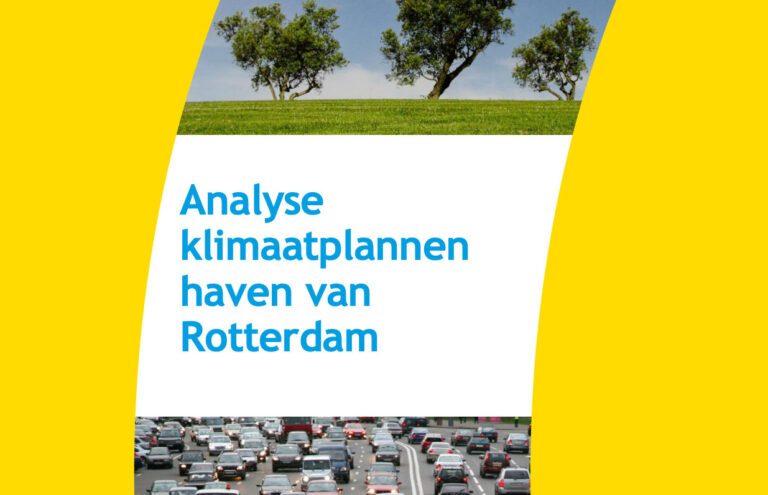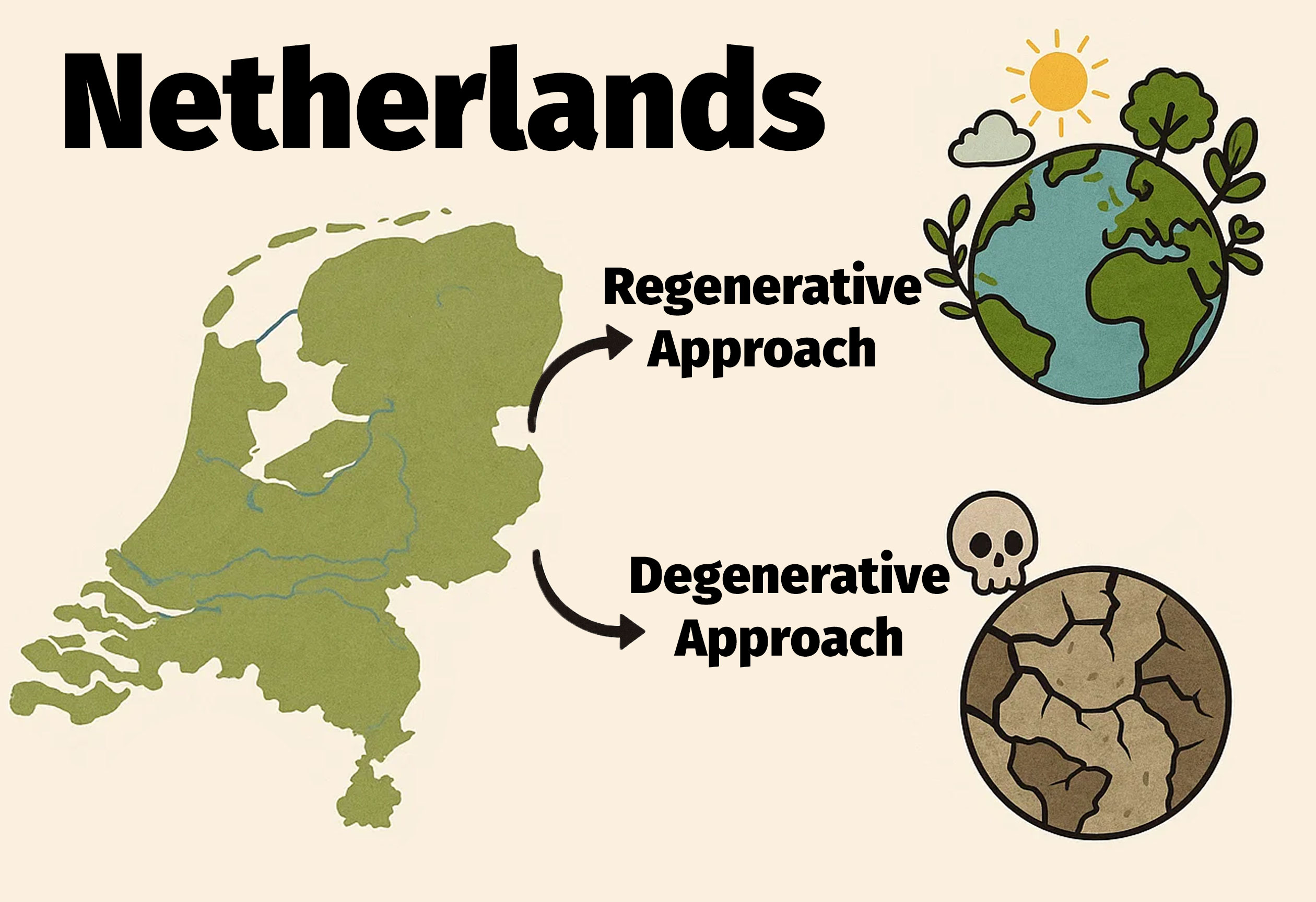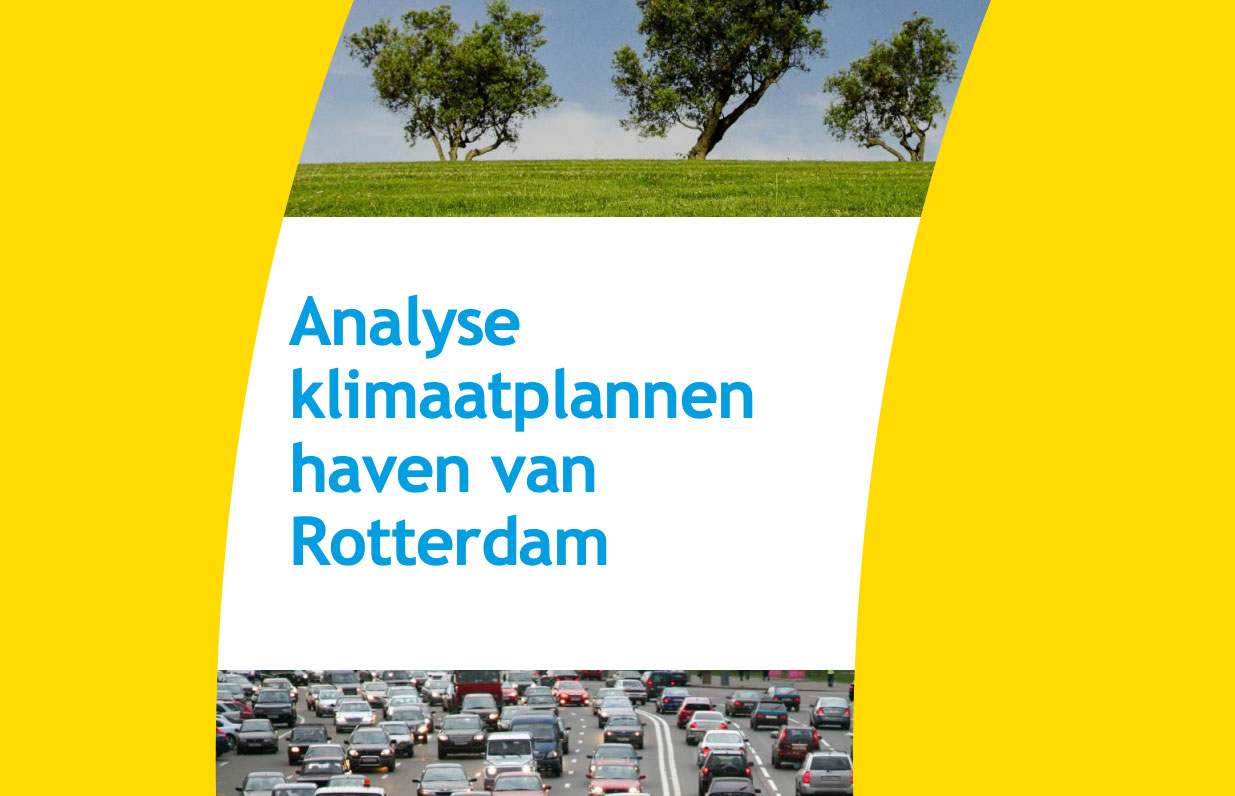
Late last year, a significant report titled Analysis of Climate Plans for the Port of Rotterdam was published by CE Delft. This research effort represents one of the most comprehensive public attempts to estimate the Scope 3 greenhouse gas emissions linked to the Port of Rotterdam. The report is available online via CE Delft’s website and was commissioned by Stichting Vrienden van XR and Advocates for the Future.
The publication marks an important step in improving transparency around the total climate impact of Europe’s largest port. We commend the report’s authors for their initiative and believe this work opens a necessary discussion about the full range of emissions associated with port operations.
What Are Scope 1, Scope 2, and Scope 3 Emissions?
To fully appreciate the implications of this research, it is essential to understand the definitions of Scope 1, Scope 2, and Scope 3 emissions, as outlined by the Greenhouse Gas Protocol:
- Scope 1 emissions: Direct greenhouse gas emissions from sources that are owned or controlled by the reporting entity. For the Port of Rotterdam, this includes fuel combustion from port-owned vessels and equipment.
- Scope 2 emissions: Indirect emissions from the generation of purchased electricity, steam, heating, or cooling consumed by the port authority or related facilities.
- Scope 3 emissions: All other indirect emissions that occur in the value chain of the reporting entity, the full lifecycle (all the stages a product or service goes through, from the extraction of raw materials, manufacturing, transportation, and usage, to its eventual disposal or reuse) of activities and actors. For ports, this includes emissions from the production, transport, and combustion of fuels and goods that pass through port infrastructure.
How the Port of Rotterdam Addresses Emissions
The Port of Rotterdam Authority reports on Scope 1 and 2 emissions within its own operations and supports the decarbonization of the port industrial cluster. These targets are generally aligned with the Dutch Climate Agreement and European Union climate objectives.
However, the Rotterdam Port Authority does not currently include Scope 3 emissions in its climate targets or reporting framework. These emissions, while outside its immediate jurisdiction, represent the overwhelming majority of the climate impact linked to port activity. According to the CE Delft report, over 96% of emissions associated with the port are Scope 3 emissions, largely resulting from the fossil fuels that are imported, processed, and exported via the port.
Why Scope 3 Emissions Matter
Big picture, “The National Academy of Sciences has estimated that to meet the Paris Agreement goals, 10 gigatons of carbon dioxide will need to be removed globally each year through 2050, with 20 gigatons of carbon dioxide removed each year from 2050 to 2100.”(Abouelnaga, 2021, p. 2)
In this context, Scope 3 emissions are critical for understanding the broader environmental and social impacts of global trade infrastructure. As the world faces a present reality that demands tens of gigatons of CO₂ be removed from the atmosphere each year, ignoring the indirect emissions facilitated by ports like Rotterdam means underestimating the scale of reductions and removals needed. Ports are key facilitators of fossil fuel supply chains that contribute to greenhouse gas emissions, air pollution, and health burdens around the world. These impacts often fall on frontline communities located near extraction sites, refineries, shipping corridors, and industrial complexes.
By quantifying Scope 3 emissions, stakeholders can begin to assess the true footprint of port activity and identify opportunities for more sustainable logistics, procurement policies, and infrastructure planning. While complex and difficult to calculate with precision, Scope 3 accounting is a necessary step toward meaningful climate accountability.
Access the Full Report
To read the full publication and learn more about its findings, visit:
Analyse van Klimaatplannen voor de Haven van Rotterdam [Nederlands] – CE Delft
Analysis of Climate Plans for the Port of Rotterdam [English] – CE Delft
For background on the campaign for climate transparency at the Port of Rotterdam, visit:
Port of Rotterdam Campaign – Advocates for the Future
Reference:
Abouelnaga, M. (2021). Carbon Dioxide Removal: Pathways and Policy Needs. Center for Climate and Energy Solutions (C2ES). https://www.c2es.org/document/carbon-dioxide-removal-pathways-and-policy-needs/


